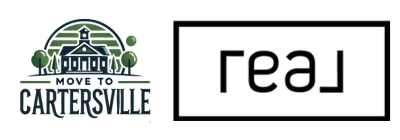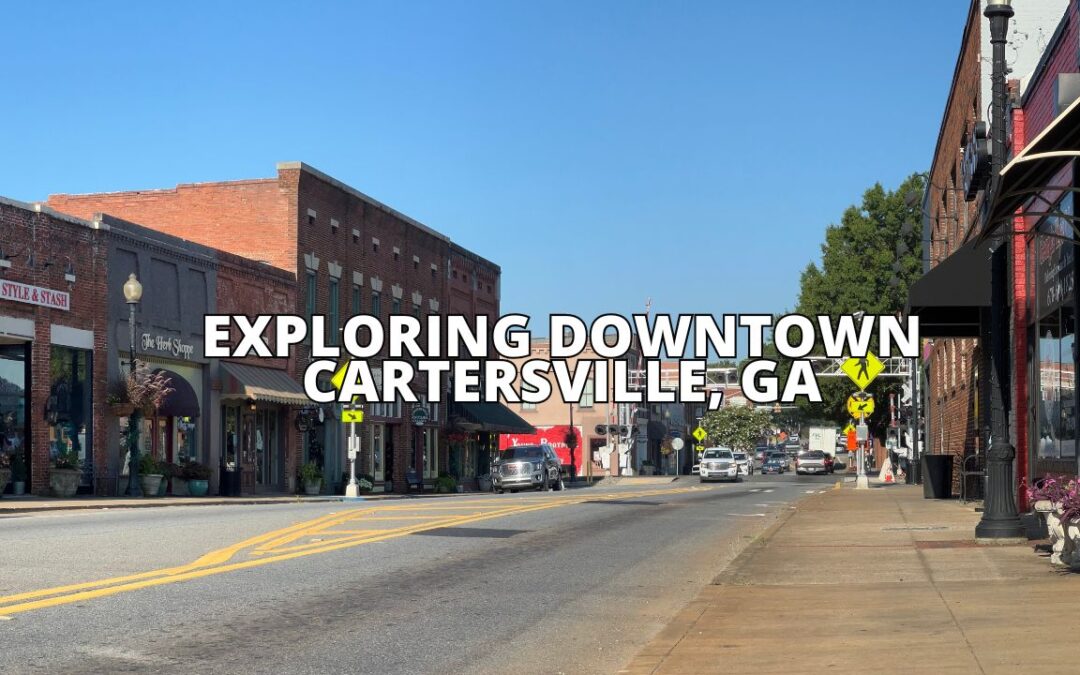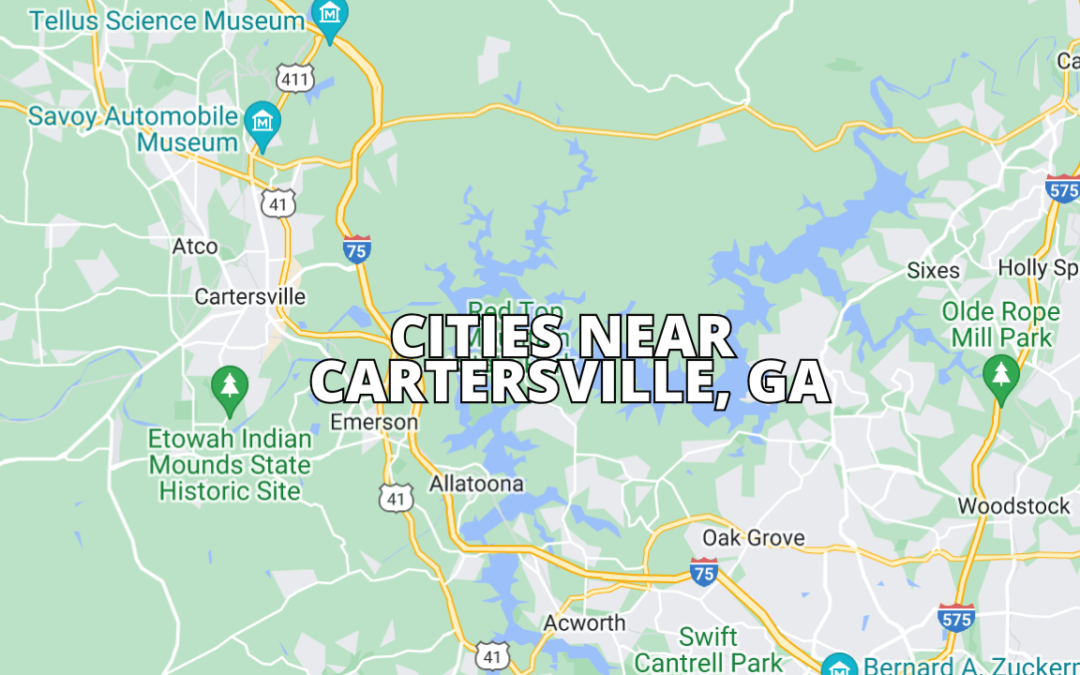Navigating the mortgage application process in Cartersville, GA, can seem challenging, but with the right guidance, it becomes manageable.
To successfully apply for a mortgage, one must gather necessary documentation, understand different loan options, and engage with local lenders.
This preparation sets the stage for a smoother experience in securing a home loan.
As potential homeowners explore their options, knowing how to select the right lender and understanding the specifics of the mortgage application process is vital.
Engaging with professionals in the area can provide insights and assistance tailored to the needs of prospective borrowers in Cartersville.
By taking the time to prepare thoroughly, applicants not only enhance their chances of approval but also ensure they are making informed decisions about one of the most significant financial commitments of their lives.
Key Takeaways
- Gathering documentation is essential for a successful mortgage application.
- Selecting a local lender can simplify the mortgage process.
- Understanding loan options helps in making informed decisions.
Understanding Mortgages in Cartersville, GA
Navigating the mortgage landscape in Cartersville involves grasping various options, eligibility criteria, and associated costs. This knowledge can empower potential homeowners to make informed decisions.
Types of Mortgages Available
In Cartersville, several mortgage types cater to different financial situations. Common options include:
- Fixed-Rate Mortgages: These provide a consistent interest rate over the life of the loan, usually spanning 15 to 30 years. They offer stability in monthly payments.
- Adjustable-Rate Mortgages (ARMs): These begin with a lower fixed rate for a set period, then fluctuate based on market rates. This option can be beneficial if rates decrease.
- FHA Loans: Backed by the Federal Housing Administration, these loans are ideal for first-time buyers with lower credit scores and down payments.
Each mortgage type serves specific needs, influencing monthly payments and overall financial outcomes.
Determining Your Eligibility
Eligibility for a mortgage in Cartersville depends on several key factors. Lenders typically assess:
- Credit Score: A score of 620 or higher is often recommended for conventional loans. Lower scores may qualify for FHA loans.
- Debt-to-Income Ratio (DTI): This ratio should generally not exceed 43%. It measures monthly debt payments against gross income.
- Employment History: Consistent employment for two years is favorable. Lenders prefer stable income sources.
Meeting these criteria can enhance one’s chances of securing a mortgage with favorable terms.
Understanding Interest Rates and Fees
Interest rates and associated fees significantly impact mortgage affordability. Rates in Cartersville can vary based on market conditions and borrower qualifications.
- Points: These are upfront fees paid to lower the interest rate. One point equals 1% of the loan amount.
- Closing Costs: These fees cover loan processing, appraisal, and title insurance. They usually range from 2% to 5% of the loan amount.
- Escrow Accounts: These may be required to cover property taxes and homeowners insurance, added to monthly payments.
Awareness of these factors is crucial for budgeting and selecting the right mortgage type.
Preparing Your Mortgage Application
Applying for a mortgage involves careful preparation to ensure a smooth process. Key steps include gathering necessary documentation, improving credit scores, and calculating budgets along with down payments.
Gathering Necessary Documentation
Collecting the right documents is crucial for a mortgage application. Commonly required items include:
- Proof of Income: Recent pay stubs, W-2 forms, or tax returns.
- Credit Authorization: Giving permission for lenders to check credit reports.
- Personal Identification: A government-issued ID, like a driver’s license or passport.
- Asset Verification: Bank statements and retirement account statements.
Having these documents prepared can streamline the application process. Missing or incomplete information can cause delays, so it is wise to create a checklist to verify all needed items before submission.
Improving Your Credit Score
A strong credit score is vital for obtaining favorable mortgage terms. Steps to enhance credit include:
- Paying Bills on Time: Timely payments significantly boost credit scores.
- Reducing Debt: Lowering credit card balances can improve your credit utilization ratio.
- Monitoring Credit Reports: Checking for errors allows for prompt corrections, which can positively impact scores.
Improving credit scores can take time, so starting this process well before applying for a mortgage is essential. Small changes can lead to better interest rates and loan terms, making a substantial difference in overall costs.
Calculating Your Budget and Down Payment
Establishing a clear budget is a critical part of the mortgage application process. Consider these aspects:
- Monthly Payments: Use mortgage calculators to estimate monthly costs based on loan amounts and interest rates.
- Down Payment: Typically, a down payment ranges from 3% to 20% of the home price. A larger down payment can reduce monthly payments and eliminate private mortgage insurance (PMI).
- Additional Expenses: Include property taxes, homeowner’s insurance, and maintenance costs in your budget.
Understanding the financial commitment involved will help make informed decisions when selecting a mortgage. Calculating these figures can provide clarity about affordability and what type of mortgage suits individual financial situations.
Choosing the Right Mortgage Lender
Selecting a mortgage lender is a critical step in the home buying process. It involves thorough research, careful comparison of loan offers, and deciding between a mortgage broker and a direct lender.
Researching Lenders
Researching potential mortgage lenders is essential. Start by seeking referrals from friends and family who have recently secured a mortgage. Their experiences can provide valuable insights.
Utilize online resources to find a comprehensive list of lenders. Websites like the Nationwide Mortgage Licensing System & Registry (NMLS) can confirm if a lender is licensed and in good standing.
Look for user reviews on platforms like Zillow or Bankrate. Pay attention to the overall customer service experience and responsiveness of each lender. A lender’s reputation can significantly impact the mortgage process.
Comparing Loan Offers
When comparing loan offers, focus on several key factors. Interest rates are important, but they should not be the only consideration. Borrowers should also evaluate closing costs, which can vary widely among lenders.
In addition, analyze the loan terms. Look for flexibility in payment options and whether the loan has prepayment penalties. Such details can save money or make a big difference in the long run.
Prepare a comparison chart to easily visualize differences among lenders. This chart should include rates, terms, and fees, which will help in making an informed decision.
Mortgage Broker Vs. Direct Lender
Choosing between a mortgage broker and a direct lender depends on individual needs. A mortgage broker acts as an intermediary, providing access to multiple lenders. They can offer a variety of loan options tailored to specific financial situations.
On the other hand, direct lenders offer loans straight to borrowers. This route can streamline the application process and may lead to faster approvals.
Consider the pros and cons of each approach. Brokers may offer better rates by shopping around, while direct lenders might provide more straightforward communication. Evaluating these factors will help in selecting the most suitable option.
The Mortgage Application Process
Navigating the mortgage application process involves several key steps. Each component plays a critical role in securing financing for a home in Cartersville, GA. Here’s a breakdown of the main stages.
Completing the Application Form
The initial step in the mortgage application process is filling out the application form. This document requires comprehensive information about the borrower’s financial background, including income, debts, assets, and employment history.
Lenders typically ask for the following:
- Personal Information: Name, address, Social Security number.
- Employment Details: Job title, employer name, length of employment.
- Financial Information: Monthly income, existing debts, bank account balances.
Accuracy is crucial as discrepancies can cause delays. Supporting documentation, such as pay stubs and tax returns, will be required to verify the provided information.
Navigating the Loan Estimate
After submitting the application, the borrower receives a Loan Estimate, which outlines the terms of the mortgage. This document is issued within three business days and provides important details about the loan terms, estimated monthly payments, and closing costs.
Key elements to review include:
- Loan Amount: The total amount borrowed.
- Interest Rate: The cost of borrowing, expressed as a percentage.
- Projected Payments: A breakdown of principal and interest payments, along with property taxes and insurance.
It’s essential for borrowers to compare multiple Loan Estimates from different lenders to assess rates and fees. This comparison helps ensure they select the best mortgage option available.
The Role of the Appraisal
An appraisal is a crucial step in the mortgage process, determining the property’s market value. The lender requires this assessment to ensure that the amount they are willing to lend aligns with the home’s worth.
During the appraisal, a licensed appraiser evaluates:
- Property Condition: Structural integrity and any needed repairs.
- Comparables: Recent sales of similar properties in the area.
- Market Trends: Current housing market conditions that may affect value.
The appraiser’s report helps the lender assess risk and finalize the loan offer. If the appraisal comes in lower than expected, the borrower may need to negotiate with the seller or reassess the loan amount.
Closing on Your Mortgage
Closing on a mortgage is a critical final step in the home-buying process. Understanding what to expect can make this transition smoother and less stressful.
Understanding Closing Costs
Closing costs encompass various fees and expenses that a buyer must pay to finalize a mortgage. These costs can vary widely but typically range from 2% to 5% of the home’s purchase price.
Common closing costs include:
- Loan origination fees: Charged by the lender for processing the loan.
- Title insurance: Protects against any future claims on the property.
- Appraisal fees: For determining the property’s market value.
- Home inspection fees: For checking the property’s condition.
- Escrow fees: For managing the funds during the closing process.
It is essential to request a Loan Estimate from the lender early in the application process to better understand these costs.
Final Steps Before Closing
In the final weeks leading up to closing, buyers should take specific actions. First, it is crucial to review the Closing Disclosure, which details loan terms and closing costs. This document should be compared to the Loan Estimate to identify any discrepancies.
Next, buyers should gather necessary documentation, such as proof of homeowners insurance and identification. These documents may be required at closing.
Scheduling a final walkthrough of the property is also vital to ensure everything is as agreed upon. This walkthrough can identify any problems that need to be addressed before signing the paperwork.
Post-Closing Considerations
After the closing process, there are several actions buyers should take. First, they should securely store all closing documents, as these may be needed for tax purposes or potential disputes.
Additionally, setting up mortgage payments is essential. Buyers should be aware of the payment schedule and method, whether direct debit or online payments.
Finally, buyers should connect with their local tax authority to understand any property tax implications. Staying informed about property taxes and possible exemptions can help manage future financial responsibilities effectively.
Considering buying a home in Cartersville, Georgia?
Take the first step today! Book a call with our real estate team today!










